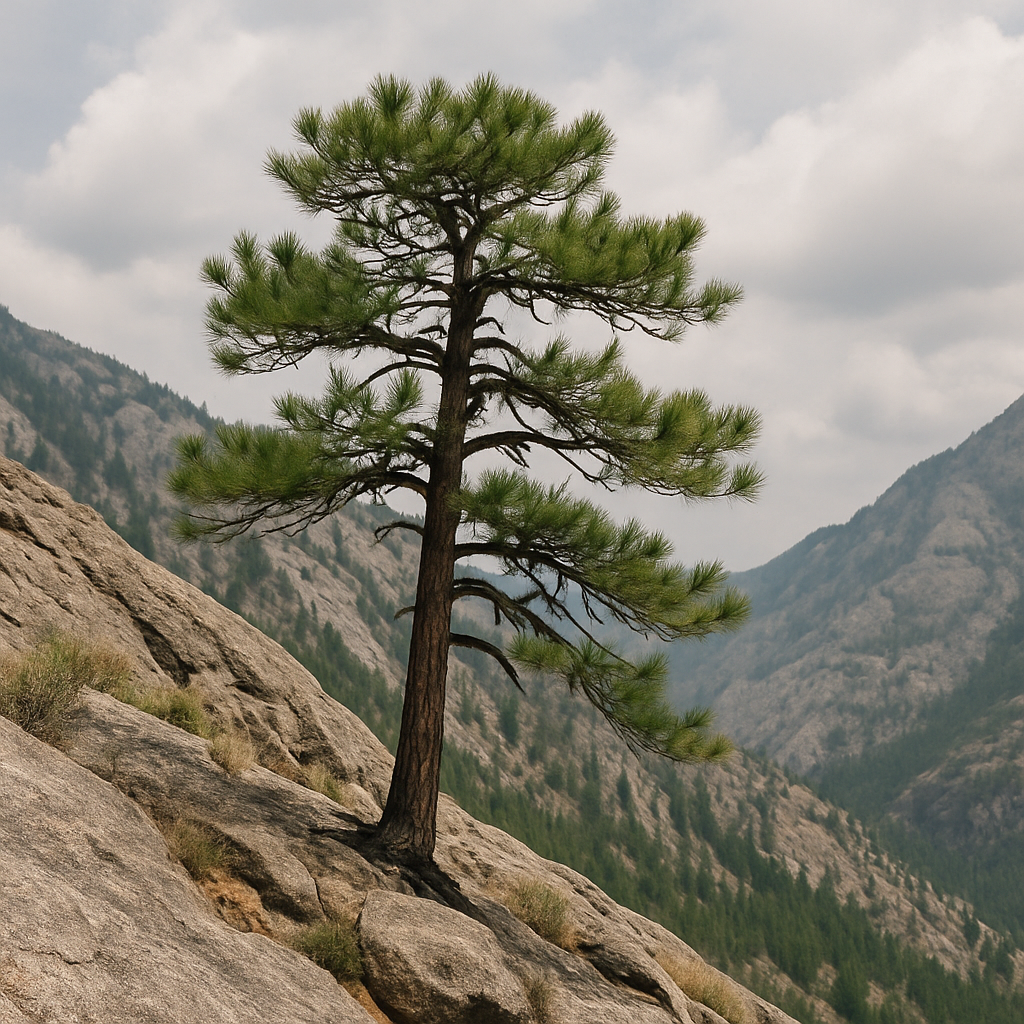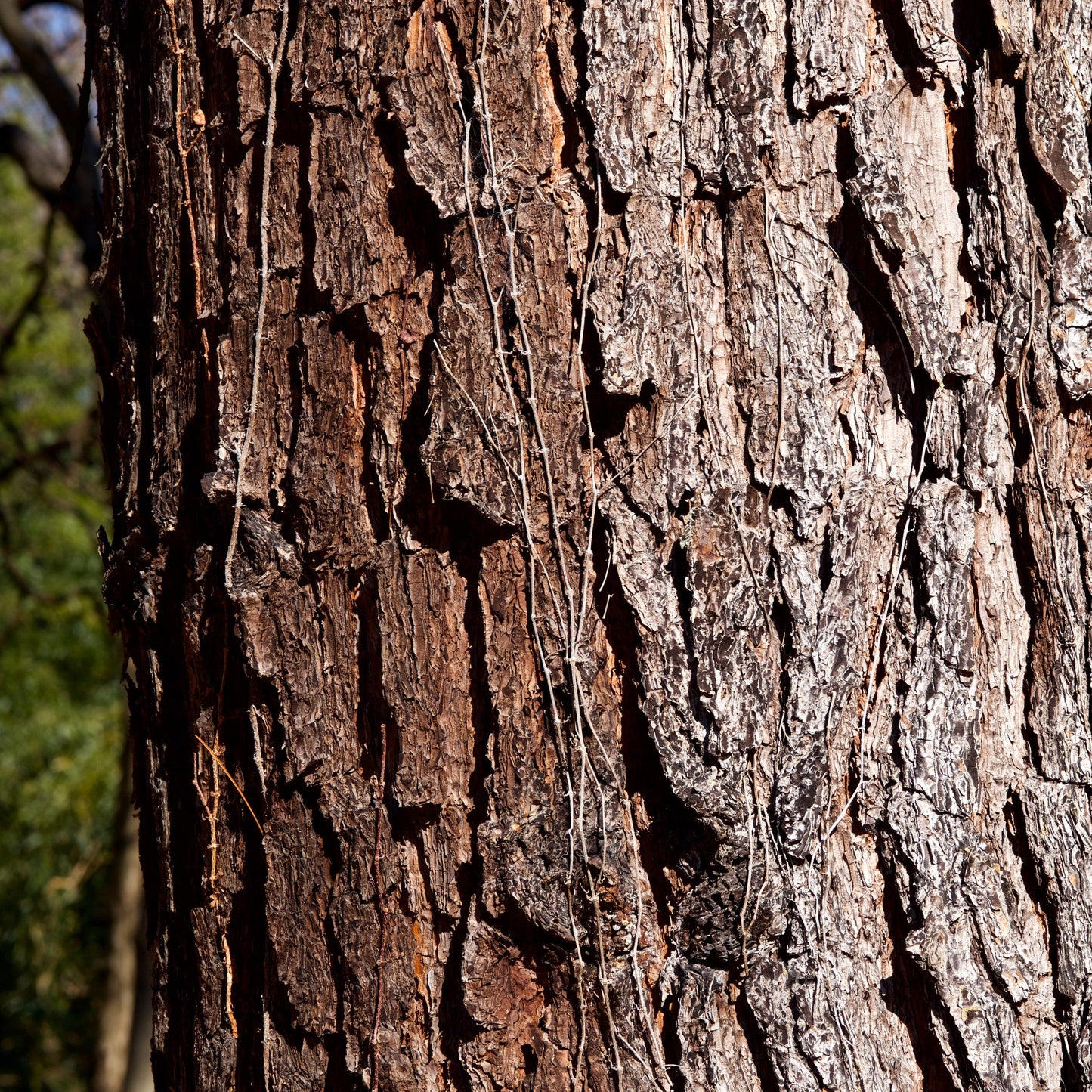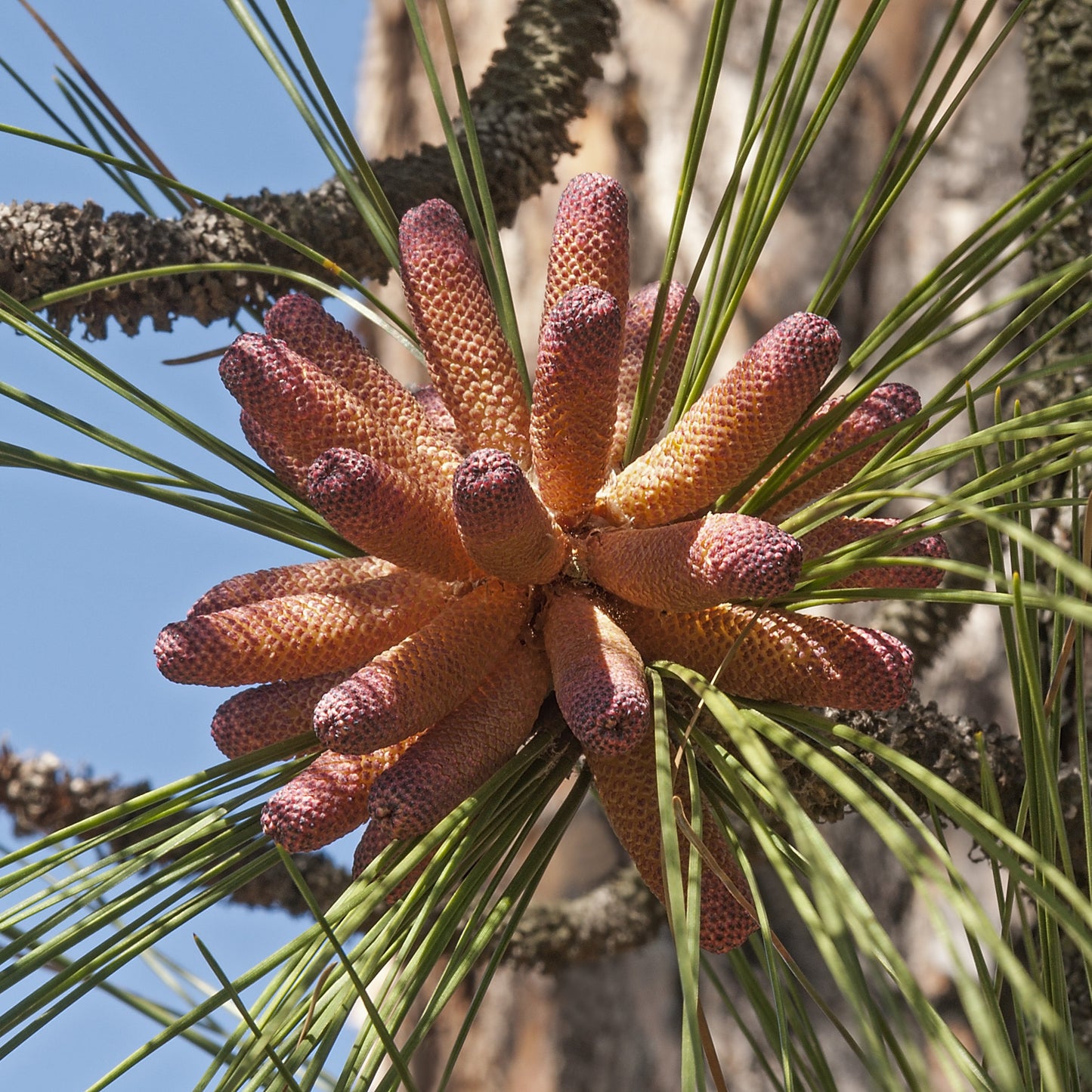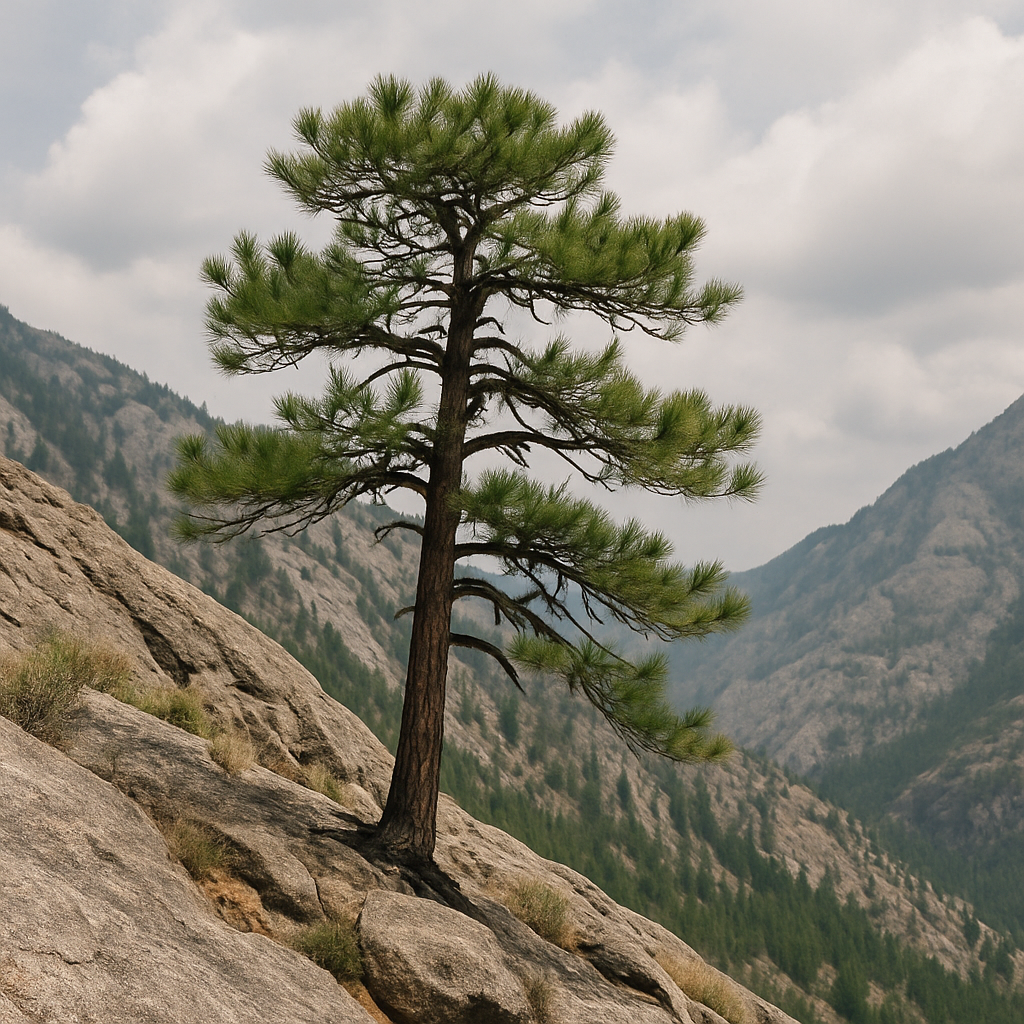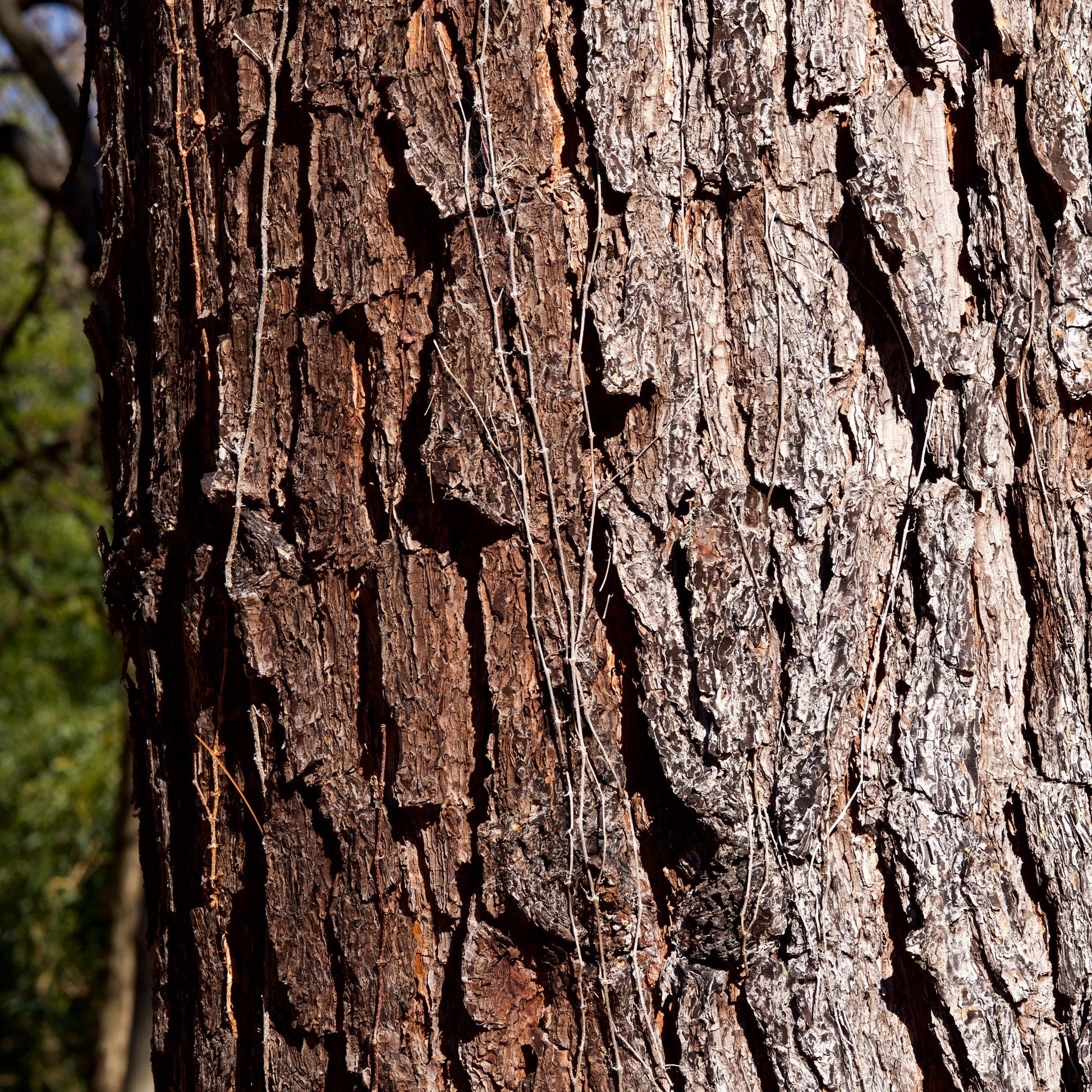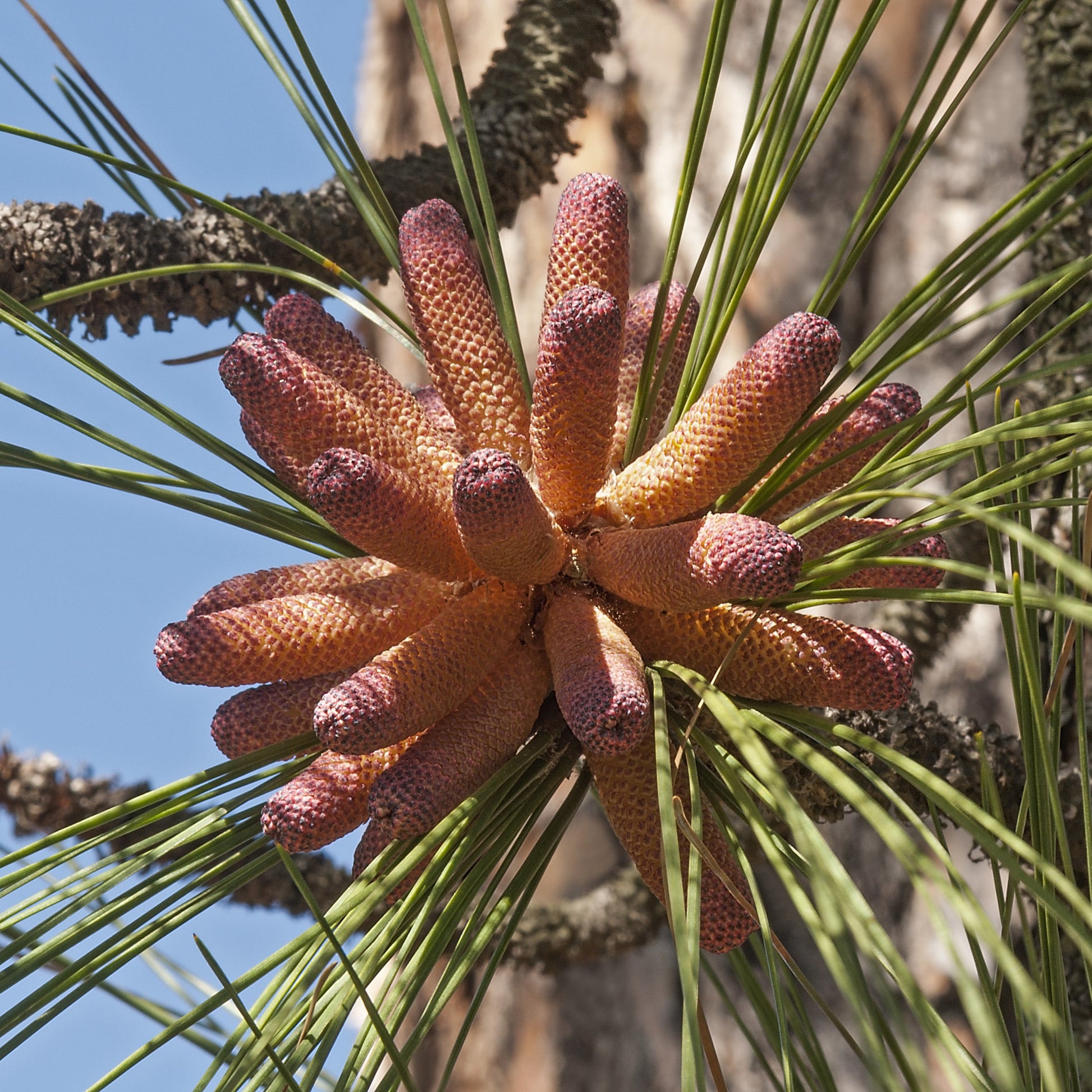Limited Quantities - Reserve Now For Fall
Longleaf Pine Tree
Longleaf Pine Tree
Couldn't load pickup availability
Longleaf Pine Tree
The Longleaf Pine is a majestic, long-lived conifer native to the southeastern U.S., known for its towering height, distinctive grass-stage seedlings, and fire-resistant adaptability. Once covering 90 million acres, this iconic pine is making a comeback in restoration efforts thanks to its ecological importance, resilience, and beauty.
With its straight trunk, open canopy, and long, graceful needles, the Longleaf Pine is ideal for windbreaks, reforestation, or wildlife-friendly landscapes.
Longleaf Pine Tree Overview
|
Attribute |
Details |
|
🌿 Botanical Name |
Pinus palustris |
|
🏷️ Common Names |
Longleaf Pine, Southern Yellow Pine |
|
🌳 Mature Height |
60–100 feet |
|
🌐 Mature Width |
30–40 feet |
|
📈 Growth Rate |
Slow (especially during early "grass stage") |
|
⏳ Lifespan |
150–300+ years |
|
🧊 USDA Zones |
7–9 |
|
❄️ Chill Hours |
400–600 hours |
|
☀️ Sun Preference |
Full sun only |
|
🧱 Soil Type |
Well-drained sandy or loamy soils |
|
⚖️ Soil pH |
Slightly acidic to neutral (5.0–6.5) |
|
💧 Water Needs |
Low once established; drought-tolerant |
|
🌸 Flower Color |
Yellow pollen cones (male); reddish-purple seed cones (female) |
|
🍒 Fruit Type |
Woody cones, 6–10 inches long |
|
🐝 Pollinators |
Wind-pollinated; supports pine-dependent wildlife |
|
🌿 Growth Habit |
Single trunk, open and upright form |
|
↔️ Spacing |
12–20 ft apart for reforestation or windbreaks |
|
🏡 Landscape Uses |
Restoration, windbreaks, large landscapes, wildlife habitat |
|
🧹 Maintenance Level |
Very low |
Environmental Benefits
🔥 Fire-adapted and helps restore natural fire regimes
🦉 Supports endangered species like red-cockaded woodpeckers
🌱 Deep roots help prevent erosion and improve soil structure
🌾 Improves biodiversity in pine savannas and native ecosystems
Pros & Cons
|
✅ Pros |
⚠️ Cons |
|
🌳 Extremely long-lived and wind-resistant |
🐢 Very slow early growth (5–7 years in grass stage) |
|
🔥 Fire-tolerant and helps restore native ecosystems |
🌿 Requires open space and full sun to thrive |
|
🦌 Excellent wildlife habitat for birds and mammals |
🪵 Not ideal for small or urban yards |
|
🌞 Heat and drought tolerant once mature |
🌲 Requires patience and long-term planning |
|
🌾 Natural choice for land restoration and reforestation |
🐛 Susceptible to pests like pine tip moth in early years |
Planting & Care Guide
🛁 Water deeply after planting; allow soil to dry slightly between waterings
🕳️ Dig hole 2x the width of the root system; plant at same depth as container
🌾 Mulch with pine straw or wood chips to retain moisture and reduce weeds
💦 Limit water after establishment unless in extreme drought
✂️ Prune only to remove dead or damaged limbs
🧪 Avoid fertilizing young trees during grass stage; use light compost if needed
The Longleaf Pine Tree is a living symbol of resilience, ecological restoration, and Southern heritage. If you’re planting for the future—whether to shelter wildlife, stabilize soil, or rebuild lost ecosystems—this pine stands tall as one of nature’s finest legacies.
Share
